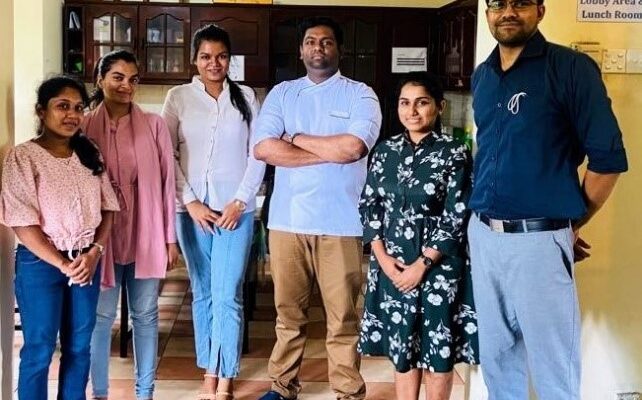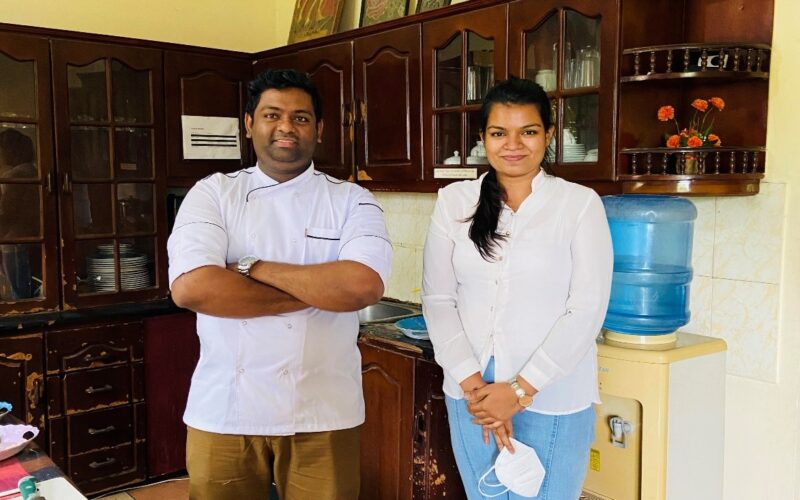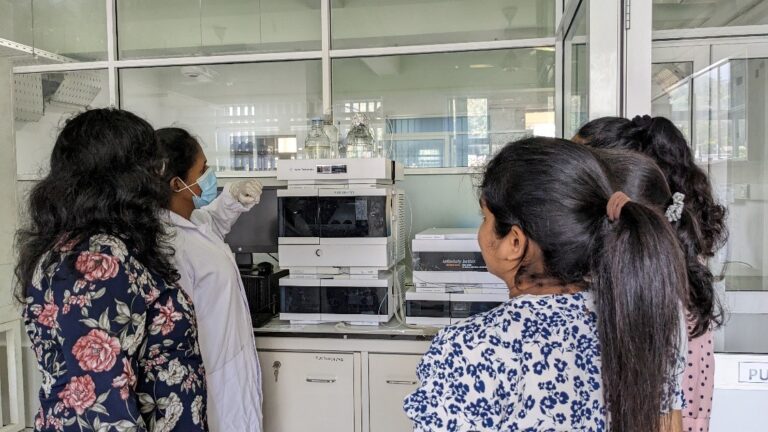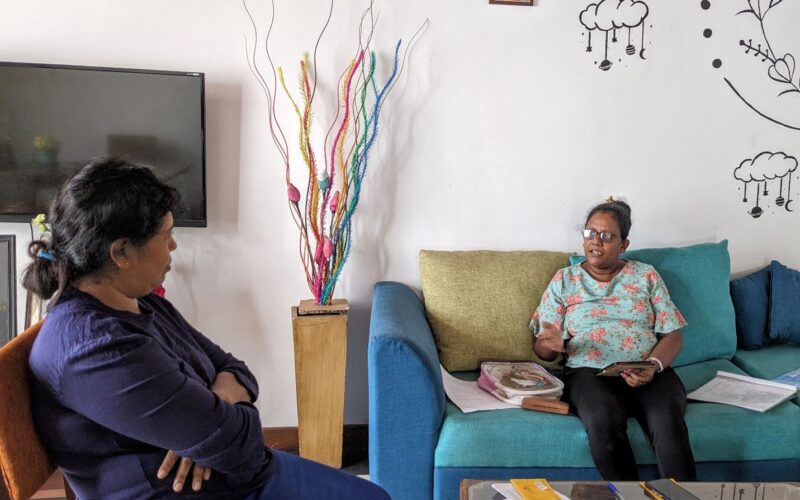Questionnaire data for the pilot study collected from Twins and their offspring by research assistants from IRD


The research assistant from the University of Colombo and research assistants from IRD with the chef who prepared recipes for common food items for the development of the food composition database in Sri Lanka


Nutrition-related PPIE workshop held at the Department of Health Promotion, Rajarata University with a lay group



